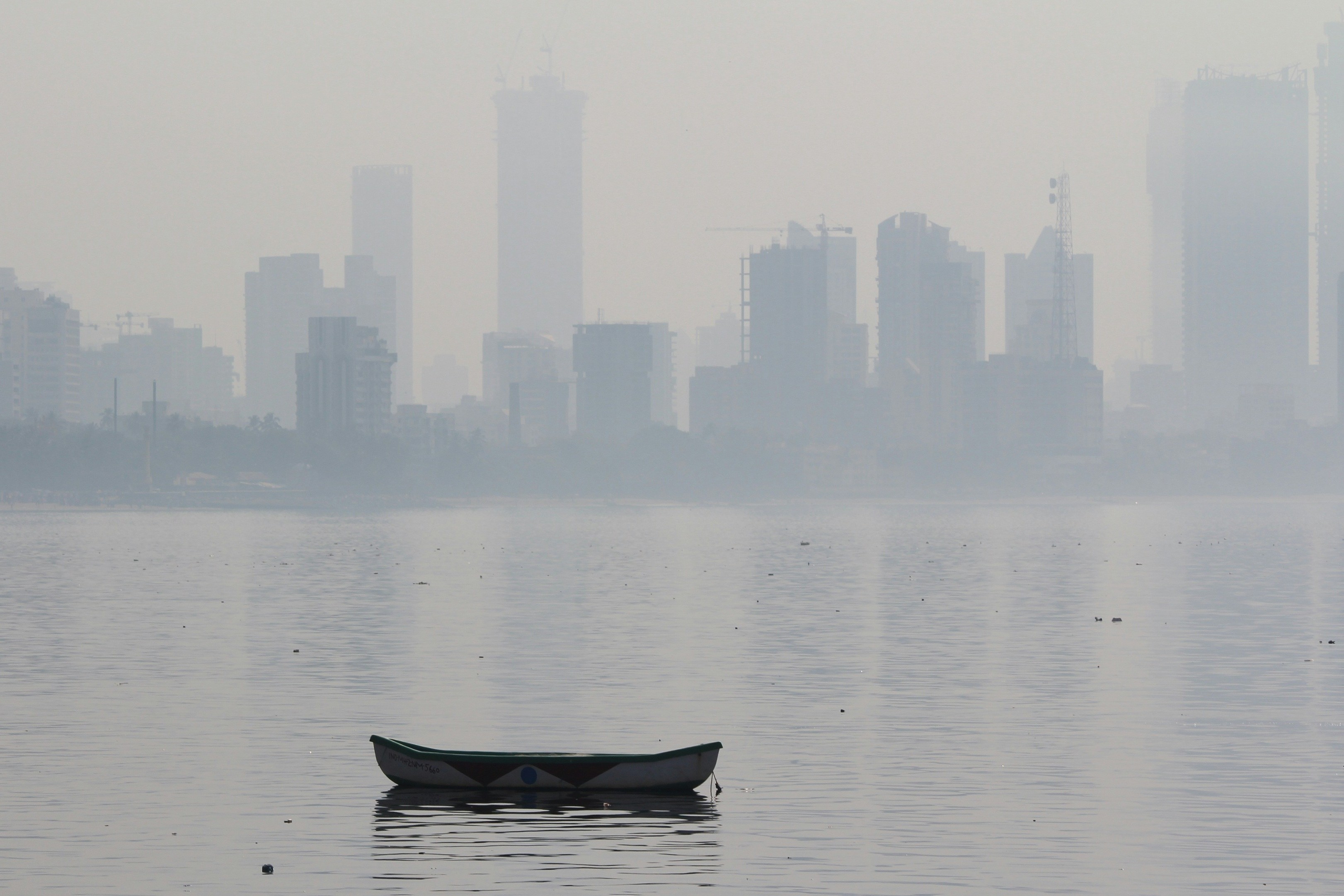Jharkhand’s forest communities crumble under climate change and government apathy
Long dry spells, erratic rains, an unorganized market and lack of clarity on forest rights have dealt a blow to the livelihoods of the state’s indigenous people.
6 October, 2023•15 min
0
6 October, 2023•15 min
0

More in Chaos
Chaos
The Career Upside Of Global Realignment
The new world order is going to redirect capital, careers, and growth. This sets the stage for a generation of young professionals looking to build a bright future.
You may also like
Chaos
Climate crisis ravages Uttarakhand’s nomadic herders as government looks away
With extreme weather hurting their precious cattle and seasonal migration, the long-neglected pastoral tribe of Van Gujjars is fighting a dire—and lonely—battle for survival.
Chaos
Forced into construction jobs, migrants must now contend with climate change
Millions of India’s landless Dalits who migrate to cities looking for work face the prospect of even worse conditions, triggered by extreme weather events.
Chaos
The Modi government is letting companies get away with illegally clearing forests
Environment ministry records show that at least 34 projects operating in violation of the Forest (Conservation) Act are in the process of receiving clearances.








